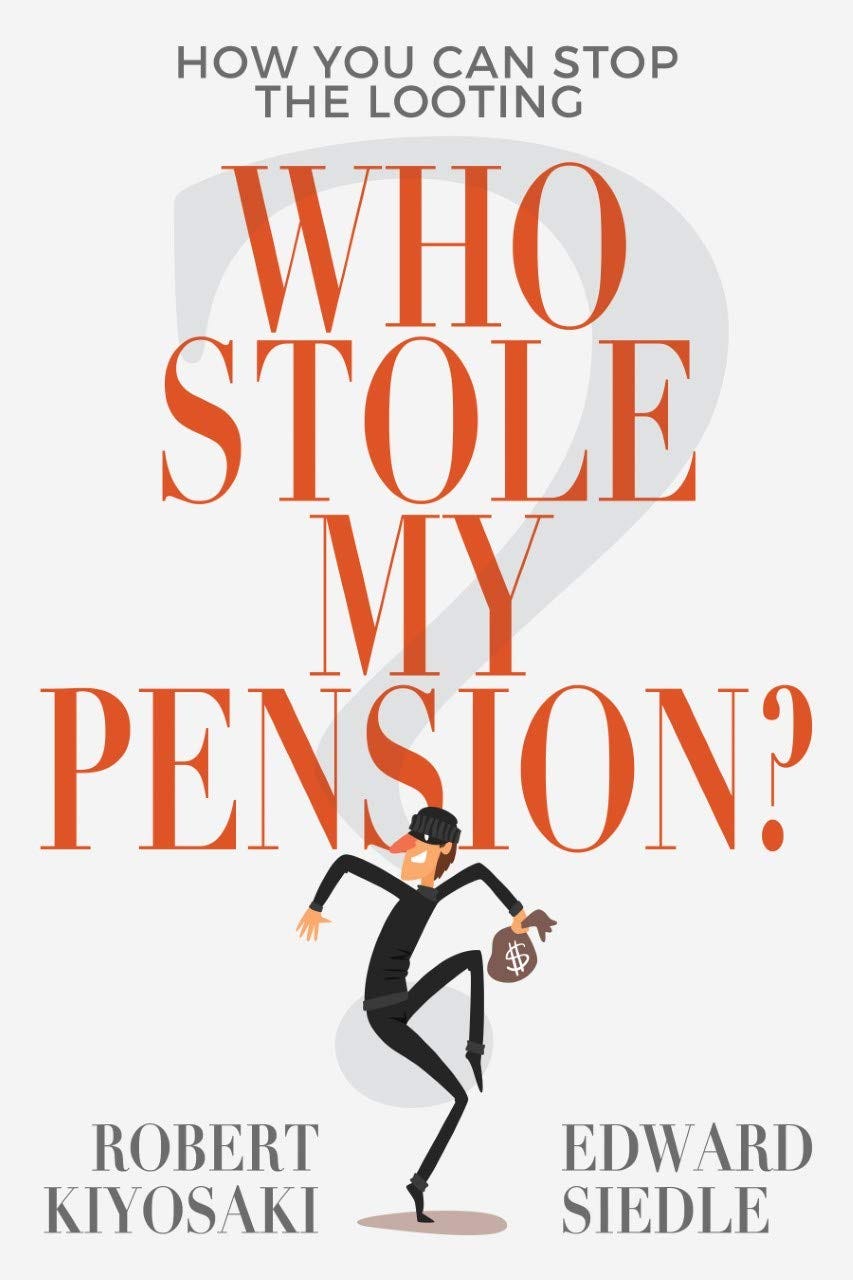Minnesota Teacher Pension Forensic Investigation Invites Whistleblower, Expert And Public Participation
If you have information about management of the state teacher pension or its investments, we'd like to hear from you.
An innovative forensic investigation of the Minnesota Teachers Retirement Association (the teacher pension trust of the State) crowdfunded by the Minnesota Educators for Pension Reform Facebook group is inviting public participation by:
Posting all documents obtained from the pension and others (pursuant to public record requests) online for public scrutiny;
Encouraging whistleblowers to come forward with information about the pension and its hundreds of Wall Street investment managers;
Welcoming knowledgeable industry experts to offer their insights and opinions; and
By distributing educational material about pension management to the public.
The goal of the forensic investigation is to improve management of the Minnesota teacher pension trust, transparency and, ultimately, the retirement security of its participants.

A campaign collecting nearly 3,000 donations to fund a forensic investigation of the Minnesota Teachers Retirement Association sponsored by the Minnesota Educators for Pension Reform Facebook group recently reached its goal and the review has begun.
This Minnesota crowdfunded investigation will incorporate four features designed to maximize public and expert input, as well as broadly promote knowledge of the management of pension investments.
Since the investigation will focus upon one of the largest state pensions in the country impacting all Minnesota taxpayers, including active, inactive and retired Minnesota public educators, this is truly an ambitious financial literacy project.
By way of background, over the past 35 years since leaving the SEC in 1985, I have pioneered the field of forensic investigations of the money management industry. I have conducted over $1 trillion in investigations, primarily involving retirement plans. Often, the findings of my forensic investigations have been made public.
At times, I have been engaged by municipalities sponsoring pensions and public pension boards, such as in the cities of Nashville, Jacksonville and Chattanooga. My investigations of the Rhode Island and North Carolina state pensions were funded by state and municipal employee associations or unions—AFSCME Council 94 and SEANC, respectively. My most recent investigation of the State Teachers Retirement System of Ohio was funded by the Ohio Retirement for Teachers Assocation. Some of my most notable investigations (which are non-public) have been paid for by federal and state regulators and law enforcement. For example, I have received record-setting whistleblower awards from the State of Indiana, SEC and CFTC.
In order to improve the management of pensions, in my bestselling book Who Stole My Pension? I encourage readers to consider crowdfunding a forensic investigation of any pension they (as taxpayers and participants) contribute to, or rely upon for their future retirement security. I have already conducted three successful crowdfunded forensic investigations, including a review of the New York State Teamsters Pension Fund.
For this Minnesota crowdfunded investigation, we are incorporating four innovations. Whether these innovations will prove workable and useful remains to be seen.
First, we will invite public participation by posting all documents we obtain from the state pension and others (through public records requests) online for public scrutiny. In my opinion, there is never a need for secrecy when it comes to the investment of public monies.
There is never a need for secrecy when it comes to the investment of public monies.
That’s why all states have access to public records statutes, often referred to Freedom of Information Act laws. Any Wall Street money manager who wants to be paid to manage public pension assets should be required to agree to full—100%—transparency.
Any Wall Street money manager that wants to be paid to manage public pension assets should be required to agree to full—100%—transparency.
Second, we will encourage whistleblowers with information about the pension and/or its investments to come forward. If you know about potential wrongdoing involving any firm handling retirement assets of Minnesota teachers, let us know.
Third, we will also invite pension industry experts to provide their insights and opinions about management of the state pension’s investments—either for attribution in the final report or confidentially. There are some really fine minds out there who, in retirement, finally have the freedom to tell the unvarnished truth openly without regard for their prior employers. Alternatively, they can share their insights with us confidentially.
Finally, by hosting an open meeting to discuss pensions and offering copies of Who Stole My Pension? to individuals, we hope that over the next few months teachers will take the opportunity to learn more about pension management, in preparation for the release of our final report. By the time the findings are released hopefully pension stakeholders will be ready to have serious discussions about what—if anything—needs to be done to improve performance of the Minnesota state teachers pension.






